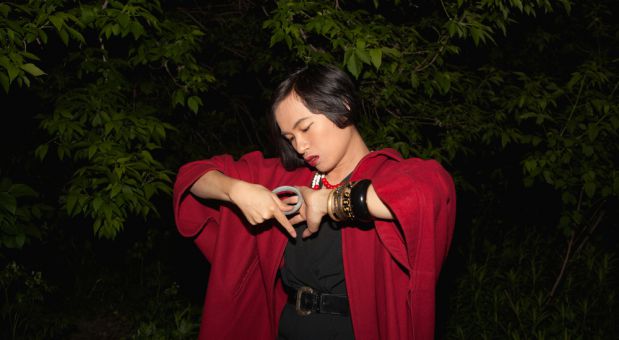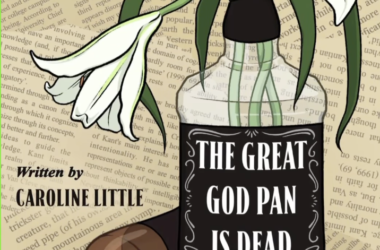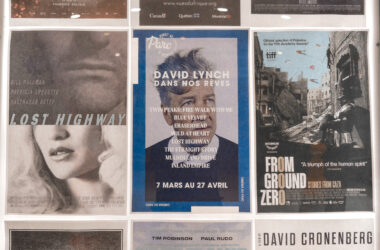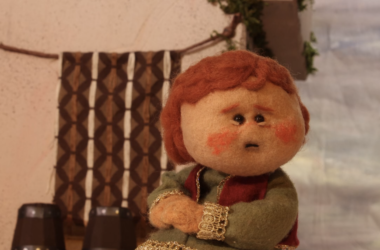Despite the biting cold of a resurgent Montreal winter, Librairie Drawn & Quarterly saw a packed house on Jan. 17. The crowd was eager to hear Kai Cheng Thom speak about her new collection of essays and poetry, I Hope We Choose Love: A Trans Girl’s Notes from the End of the World. Though Thom often referred to herself throughout the night, with a hint of ironic self-mockery, as “queer famous,” the McGill alumna has been a prominent voice in recent literary discourse on transgender issues and the notion of a queer community.
With her book, Thom explores the hostility, both from outside and within marginalized communities, that pervades our lives under the lens of cancel culture and our growing uncertainty about communal integrity. Thom described I Hope We Choose Love not as a prescriptive, technical manifesto on repressing reactionary hostility, but rather as a text that validates the possibility of transformative justice within a community.
As an alternative to punitive justice, whose emphasis on punishing transgressions Thom believes undermines cancel culture, transformative justice favours open communication and forgiveness between a perpetrator and their victim. During the talk, Thom suggested that this form of peacemaking is often absent in marginalized communities because survival and self-preservation instincts are often inextricable from its members’ identities, which can impede empathy for others.
“In times of crisis we turn on each other. The trauma brain is well developed in many of us,” Thom said. “Our executive functioning shuts down [….] But the desire to be safe is probably what brings a lot of us into activism.”
Later in the talk, Thom read from an essay that discussed the utopian ideal—dubbed “Queerlandia”—that many queer communities seek to obtain. Thom lamented that the search for a space free of persecution or hatred creates an unreachable and unforgiving mentality that punishes even the most minor transgressions. Our collective disavowal of these forms of accountability and justice distract from the inclusive and compassionate world that many marginalized people want to live in.
“In Queerlandia our politics are woke and our words are revolutionary. Queerlandia is a village, is the village in its ideal form. But of course we do not really live in Queerlandia,” Thom read from her essay. “Real life queer communities are full of wounded dreamers [….] And because we are so wounded, we are not prepared for the reality of bad things happening among us. How to talk about it, how to hold it, how to heal from it. We do not know how to have difficult conversations, how to look at each other through the lenses of love and justice at the same time. You either belong in Queerlandia or you don’t, there is no in between.”
Though much of her collection deals with pressing subject matter, Thom also made sure to include anecdotes of personal victories and happiness. In one essay about a trip to New York, she recounted a night in Times Square in which she and her friend photobombed a couple’s marriage proposal on The Red Steps. Though its content appears trivial in contrast to the collection as a whole, Thom used the story to illustrate the potential in marginalized communities for solidarity and kinship, even if shared between just two people, which larger and often idealized communities currently fail to provide.
“[We] held each other in those glowing stairs to heaven in the centre of the world and we held each other for dear, dear life,” Thom read.









